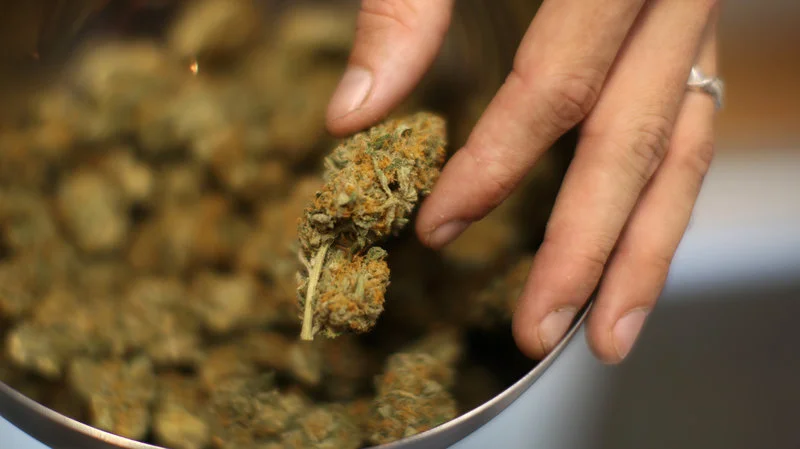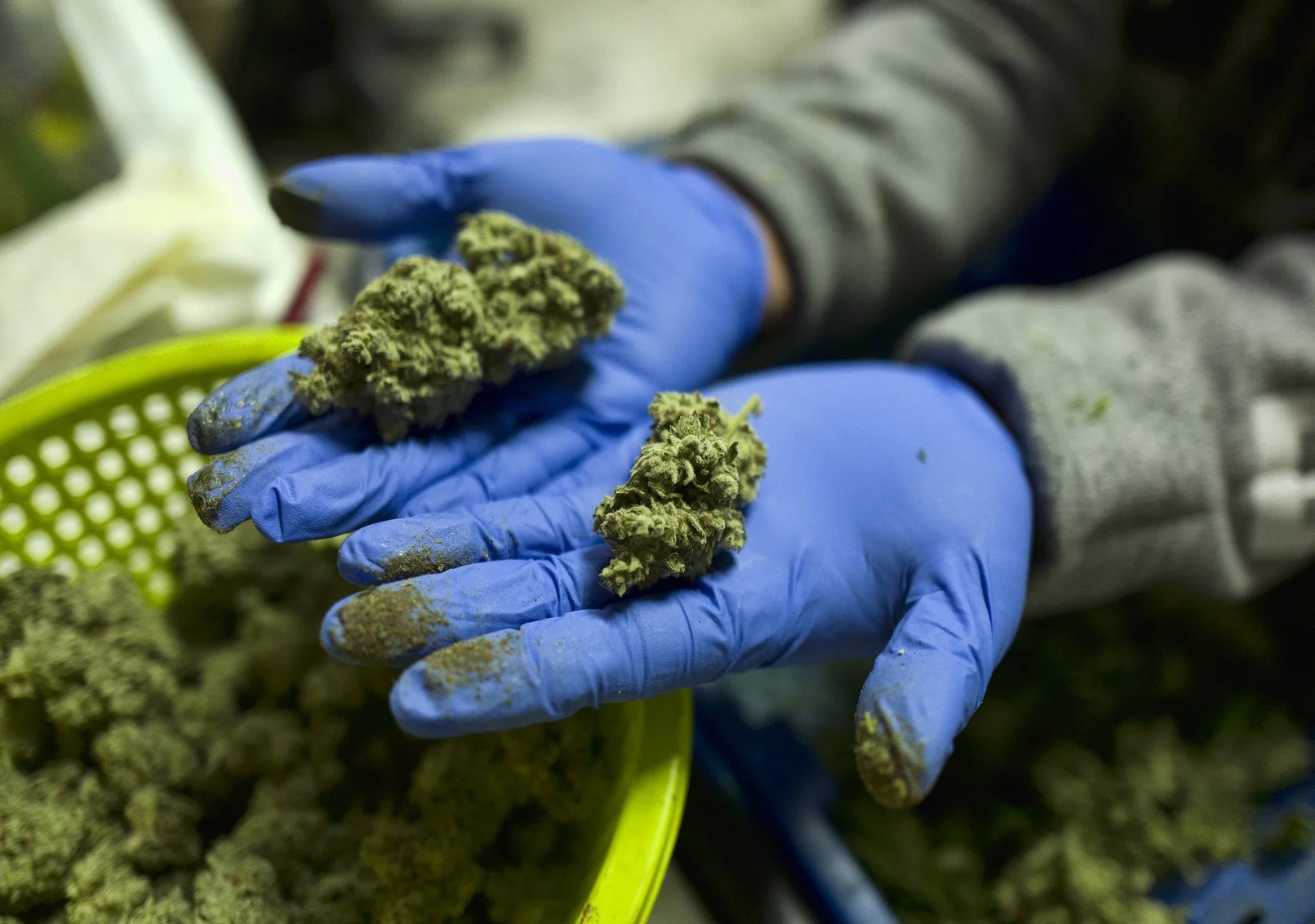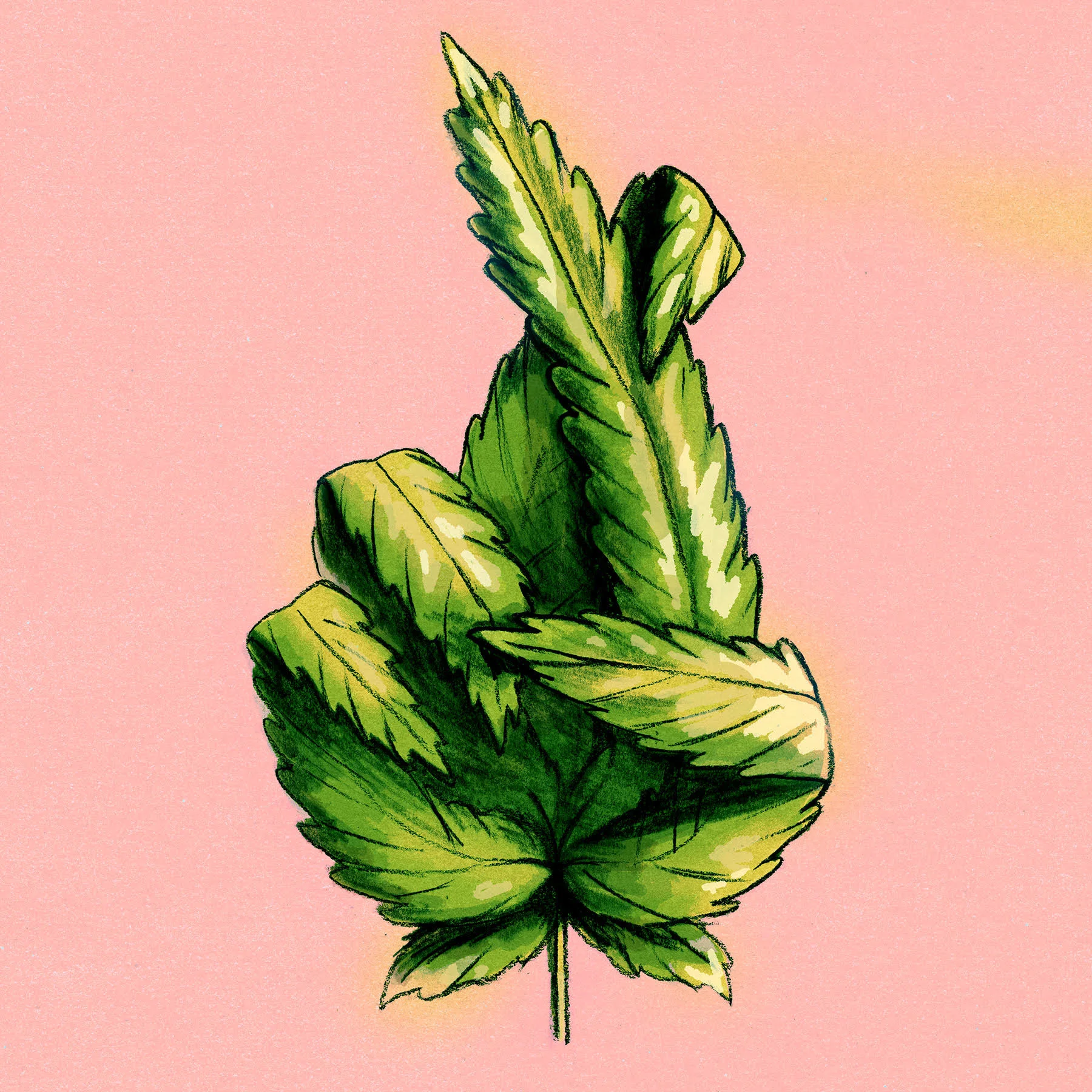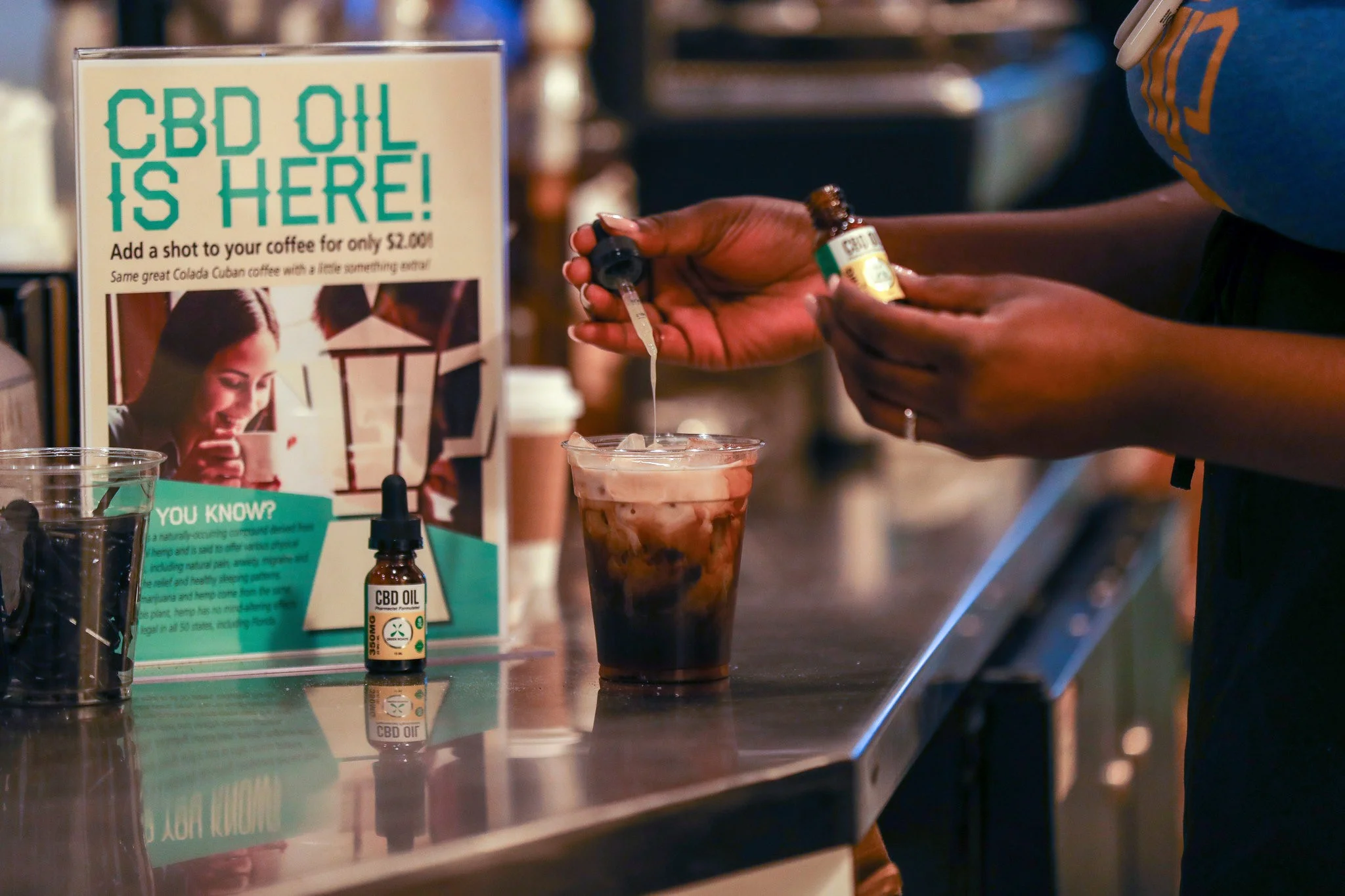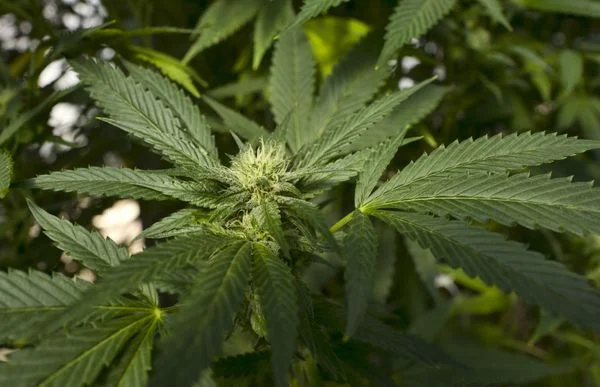If marijuana is legalized in New York, then the future for the state looks bleak: Imagine a society where there are as many addicts of marijuana as there are of alcohol or tobacco. What would the Empire State be like then, and wouldn’t we regret the fact that we decided to make this harmful drug legal?
Read MoreStay in the know with the latest on our fight against the legalization of marijuana
Have an article that you would like us to post? Share it on our Facebook page!
After 16 Months of “Legal” Pot In Californian Is Anything Working?
/Proposition 64 (November 2016) promised voters in California several key things in exchange for a vote to “legalize”. Have any of those promises been kept?
Read MoreSecondhand marijuana smoke is not just a growing nuisance, it's dangerous→
/“Mind if I smoke?” is an old refrain from the days when smoking was a ubiquitous habit and people frequently puffed on cigarettes in offices, on airplanes and at restaurants. Big Tobacco pushed the idea that "common courtesy" was enough to protect nonsmokers from toxic secondhand smoke, and that smoke-free laws were unnecessary.
It wasn't true then, and it's not true today. Even as cigarette use is shrinking across the country, another type of smoking — marijuana — is becoming increasingly widespread in public places, bringing with it a resurgence of secondhand smoke and airborne carcinogens. And now, nobody’s even asking if nonsmokers mind.
Read MoreThese Are Real 'High Crimes'→
/In 2016, 35-year-old comic book artist and screenwriter Blake Leibel scalped his girlfriend, stripping her skull to the bone, drained her body of blood, then hid out in their West Hollywood condo with her desiccated corpse for more than a week. Only after the girlfriend's mother tricked the police into knocking down the door did they discover the grisly scene.
Read MoreForcing California cities to allow marijuana sales is ignoring the will of voters→
/California’s budding cannabis industry isn’t exactly blossoming. It’s having trouble sprouting. So a San Francisco legislator has some unique ideas.
Democratic Assemblyman Phil Ting, influential chairman of the budget committee, wants the state to break a promise made to voters in 2016 when they approved Proposition 64 to legalize non-medical use of marijuana.
Read MoreHighly Potent Weed Has Swept The Market, Raising Concerns About Health Risks→
/As more states legalize marijuana, more people in the U.S. are buying and using weed — and the kind of weed they can buy has become much stronger.
Read MoreWhere's the pot? California tracking system unlikely to know→
/When California voters broadly legalized marijuana, they were promised that a vast computer platform would closely monitor products moving through the new market. But 16 months after sales kicked in, the system known as track-and-trace isn’t doing much of either. As of last month, just nine retail outlets were entering data into the network established under an estimated $60 million state contract, even though 627 shops are licensed to sell pot in California. The rate of participation is similarly slim for other sectors in the emerging industry.
Read MoreWeeding Out Dubious Marijuana Science→
/Researchers find ways to minimize increases in crime and traffic deaths that followed legalization.
Read MoreAlabama’s dangerously flawed medical marijuana proposal→
/Marijuana’s ability to cause psychosis is one of its longest-known and best-documented side effects.
Read MoreMental illness implications of cannabis use must not be ignored→
/For California voters, recreational marijuana legalization was sold as a win-win-win: billions of dollars in new tax revenues, a chance for law enforcement to focus on more serious crimes, and the societal acceptance of a relatively low-risk alternative to alcohol.
But as the state stumbles through its second year of fully legalized cannabis, the reality appears to be more lose-lose-lose.
Read MoreCraving cannabis: is marijuana addictive?→
/To Weiner the villain is the for-profit marijuana industry. Legalization has gained widespread support in the US thanks to a two-pronged PR strategy of promoting cannabis as a “medicine” and wellness product, even when the evidence of its benefits is anecdotal or non-existent, and trying to demolish the stigma of cannabis as a drug for losers. “Their goal is not public health, their goal is addiction,” Weiner says. “When I speak out against this topic it’s against my financial interest – which I can’t say for the people on the other side.”
Read MoreMany drivers who test positive for marijuana have a child in the car, survey finds→
/Data from thousands of Washington state drivers shows many don’t realize cannabis can impair driving, experts say.
Read MoreHalf Of Marijuana Users In The US Think They’re Fine To Drive Stoned
/In a major national survey, most users added that they’d be comfortable in a car driven by someone high on cannabis.
Read MoreHalf Of Americans Think The Smell Of Weed In Public Is A Real Problem→
/Canadians hate it even more, according to a new major survey on cannabis.
Read MoreStop ignoring the brutal downside of legal pot→
/Politicians are pushing to legalize recreational marijuana in New York, New Jersey and Pennsylvania, following 10 other states. But the Parent Teacher Association, local health officials and pediatricians are pushing back, warning about the permanent damage to youngsters’ brains caused by weed. If you have children, trust the PTA, not the pols.
Read MoreThe Marijuana Delusion→
/States rush to legalize recreational pot, even as evidence of its harms grows.
Read MoreLegal? Illegal? Some players still work both sides of state marijuana industry→
/During the 21 years that California’s multibillion-dollar unregulated medical marijuana market thrived, cannabis operators learned to create elaborate schemes to disguise their connections to unlicensed shops. And now that some operators are also tied to valuable licensed businesses, Montes said, double dippers have become even more careful about burying their identities.
Read More10 Things We Know (As In, Actually Have Published Evidence For) About Cannabis And Health→
/Ten years ago, when you referred to cannabis, you were talking about dried plant material that people smoked,” says Ryan Vandrey, associate professor of psychiatry and behavioral sciences at the Johns Hopkins School of Medicine.
“Now, cannabis — which refers to marijuana and hemp — is a blanket term that could also mean hemp oil, topical creams, CBD products, high-THC concentrates that are smoked, vaporized or orally ingested and more.”
And confusion abounds.
Read MoreCBD Is Everywhere, but Scientists Still Don’t Know Much About It
/“It might be available at the local 7-11 in Pennsylvania,” said Dr. Lee “but any product you get on the market is not federally regulated by the F.D.A, so the purity and safety and quality are questionable.”
Indeed, a recent study that evaluated dozens of CBD products ordered online found that nearly 70 percent were not labeled accurately and had either higher or lower concentrations of the ingredient than indicated on the label. Some also contained THC.
Dr. Hurd, who has been studying CBD for nearly 10 years, warns that the expectations around the substance are unrealistic. “People are making it out to be a nirvana kind of drug, and that’s a problem,” she said. “One compound cannot cure everything.”
Read MoreOregon marijuana regulators fail to meet even basic standards, state audit finds
/Auditors concluded that regulators have failed to meet even basic promises. It found, for instance, that just 3 percent of recreational marijuana retailers had been inspected and only about a third of growers. It said the state’s medical marijuana program, long a source of black market diversion both in the state and nationally, has “structural weaknesses” that “greatly increase the risk of diversion.”
Read More






